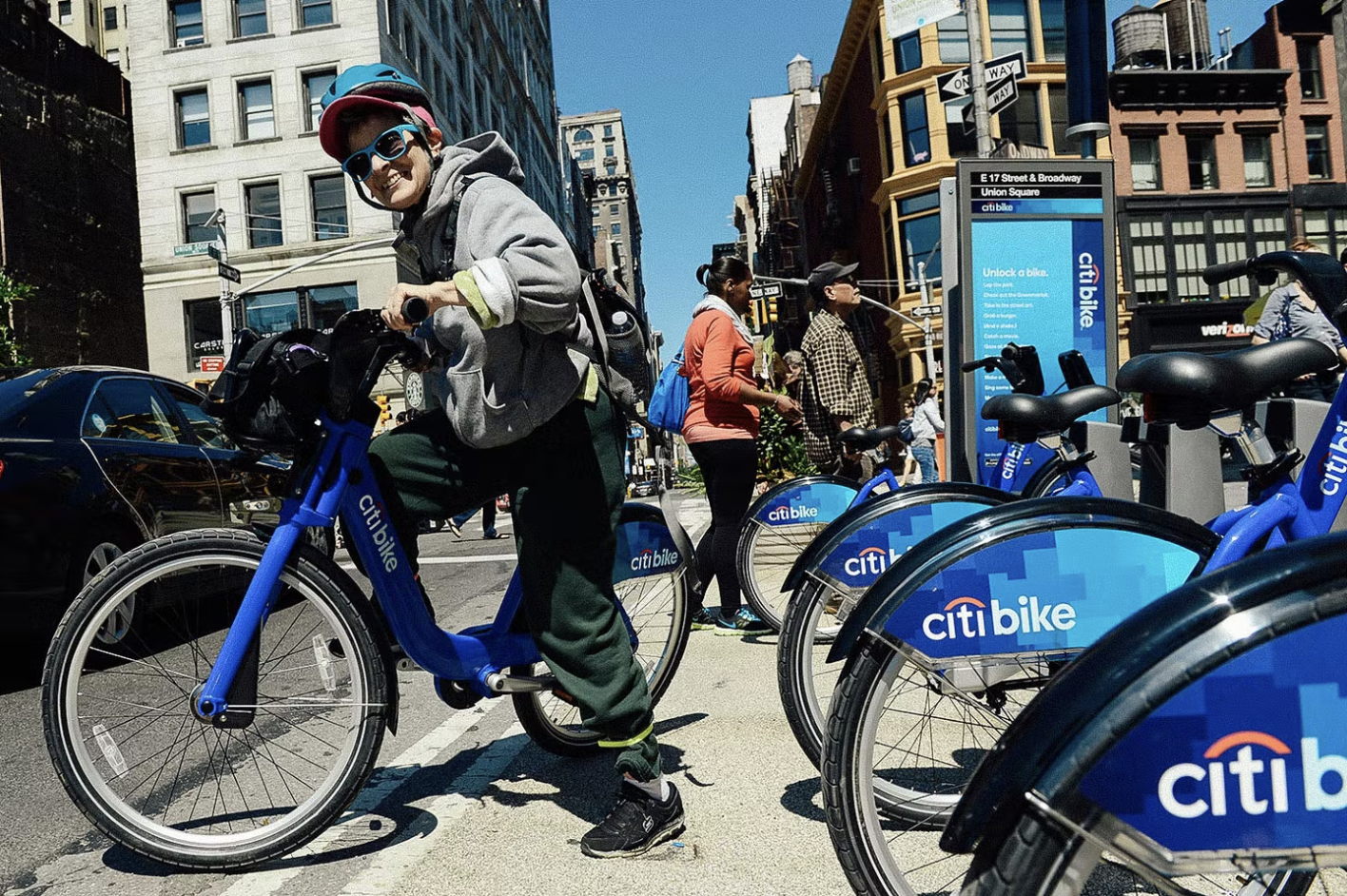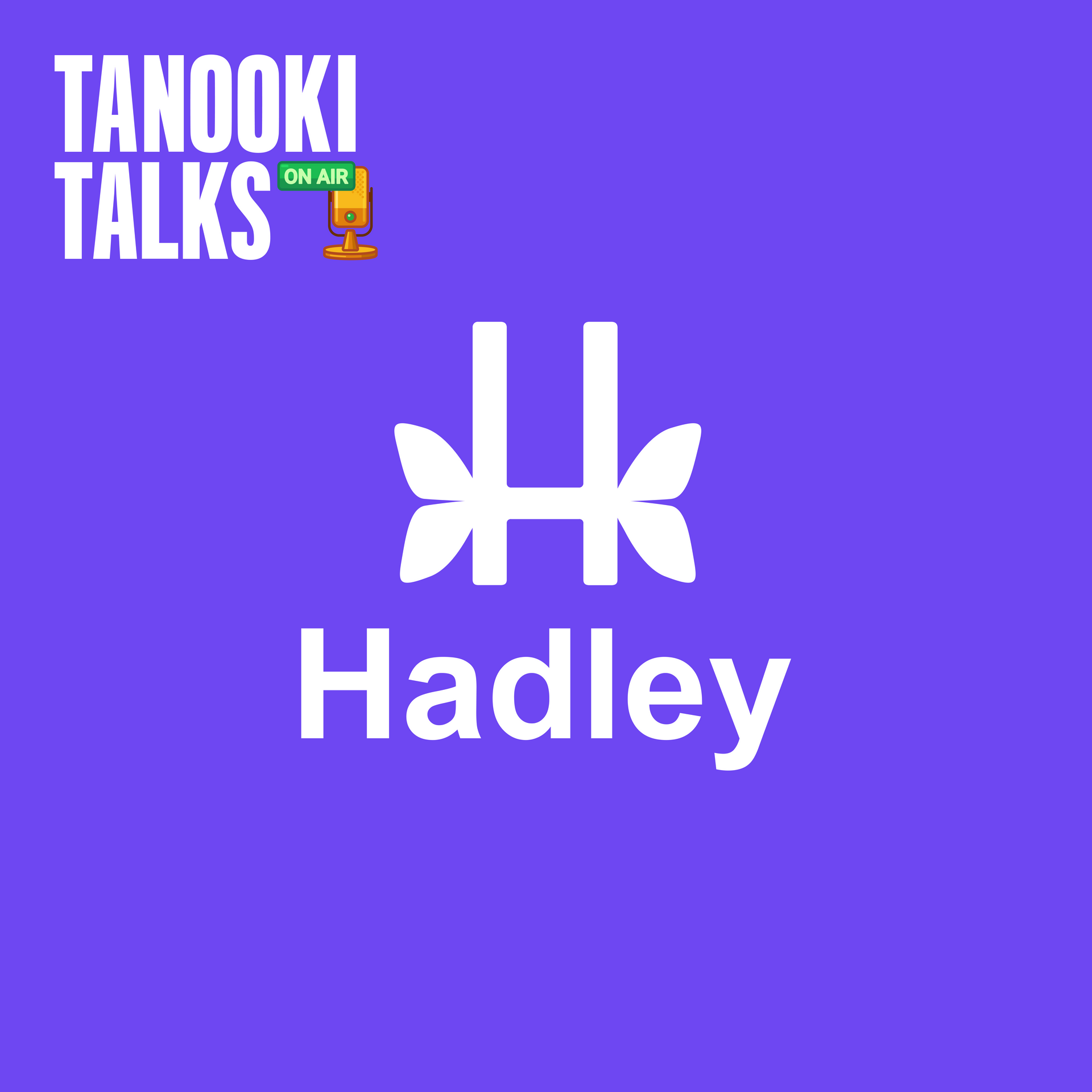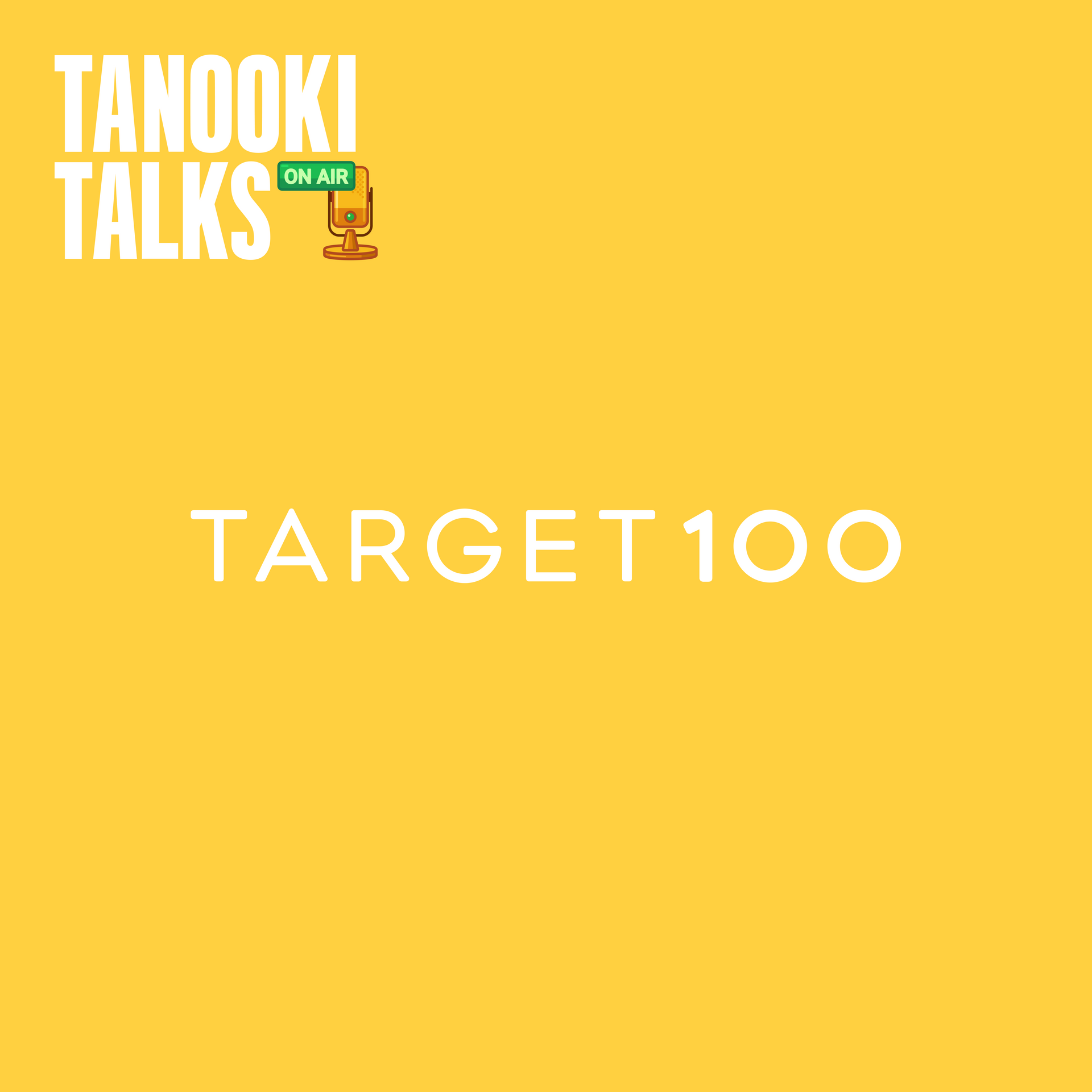How CitiBike Can Help Us Understand The Potential of DAOs

Decentralized Autonomous Organizations, or DAOs, are a hot topic in the world of blockchain. They claim to be more efficient, transparent, and fair than traditional organizations, but they can be confusing and few people outside of the blockchain space understand their potential.
CitiBike, a bicycle-sharing service in New York City, provides an interesting lens through which to understand how DAOs can work.
Big Brother vs. Little Brother
We've all dealt with systems where a few bad actors ruin it for everyone, and we're left saying "This is why we can't have nice things." For decades, cities have tried to launch municipal bike systems, and they have generally ended in failure, with people stealing bikes, treating them poorly, or tossing them into the river.
So why did CitiBike work when previous bike share programs have failed? Instead of relying on Big Brother-style surveillance and punitive police action to crack down on the bad actors, each CitiBike has its own little system of surveillance and consequences built in. Let’s call this “Little Brother” instead, where punitive action is inherent within the design.
If someone doesn’t behave according to the rules of the system, they get fined. That can range anywhere from a few bucks for keeping a bike too long up to $1250 or more for not returning a bike. The system of bikes and docks provides the rules of the game as well as the enforcement, and CitiBike (and its sister programs in other cities) have been an incredible success.
DAOs provide much the same structure: they provide the rules of the game as well as direct financial risks and rewards. They can also remove the overhead that many centralized organizations need to spend to maintain their systems, and in some cases remove the "profit leak" of owners or shareholders attempting to maximize profit-taking from a system. These closed-circuit systems DAOs can return all of their own profit to the members.
Incentivizing behavior in DAOs
The simplest incentives in DAOs are monetary, and easily computed. In Decentralized Finance (DeFi) apps, this usually manifests ininterest rates for borrowing or lending liquidity.
However, it’s possible to incentivize users to perform nearly any task using a DAO, providing you can design rules which cause them to act in the desired way.
To encourage real-world actions, the DAO must provide a reward for that action, a way to submit proof of the action, and a mechanism for verifying the action.
In the example of CitiBike, a bike redistribution worker could be given a task: ride a certain bike from Dock A to Dock B. The system can monitor when the bike leaves Dock A and send the reward to their wallet when it arrives at Dock B.
What about a system where it’s harder to prove the action happened, without a centralized system to query? This could involve various levels of workers to provide this verification. Imagine a DAO-powered security service, where workers walk the rounds at a work site. In that case, the security worker could submit time-stamped photos of critical locations at the security site, which are sent to a verification queue. Verification workers can then use a dApp - a decentralized app - to verify that the task was completed and that the pictures are valid. To ensure that verification workers are honest, the task can be sent to 3 or more verifiers, and then reward them if they agree with the consensus, and penalize them for disagreeing with the consensus.
This can even bridge up to executive functions, with salaries being paid to people who are voted into a position, and members of the DAO are able to vote on their continued tenure, salary, and bonuses based on their performance.
Where we go from here
Ultimately, there’s limitless potential for what we can build with DAOs. Daniel Suarez’s Daemon series of books, which predate DAOs by a few years, explore this concept taken to a societal extreme.
When building these systems, we need to ensure that workers incentivized by the DAO are treated fairly, and that we’re not creating dystopian traps which devalue labor. We need to build systems which distribute the wealth they create in fair ways to all participants. We also need to expect bad actors to attempt to use the rules of the system for monetary gain, and should plan accordingly, stress testing our ideas and thinking about how they could be abused.
Despite their complexity, there is incredible potential for DAOs to create positive change by building distributed systems that provide services while acting in a way that benefits the communities they serve.
Contact Us
Thanks so much for reaching out!
Someone from Tanooki Labs will be reaching out to you shortly to find a time to talk in the next few days.
In the meantime feel free to find out a little more about how we work with entrepreneurs to help bring their products to life.
Or, take a look at some of our capabilities and past projects.
Sorry, there was an error sending your message.
Please try again later.
All Rights Reserved • Tanooki Labs LLC



